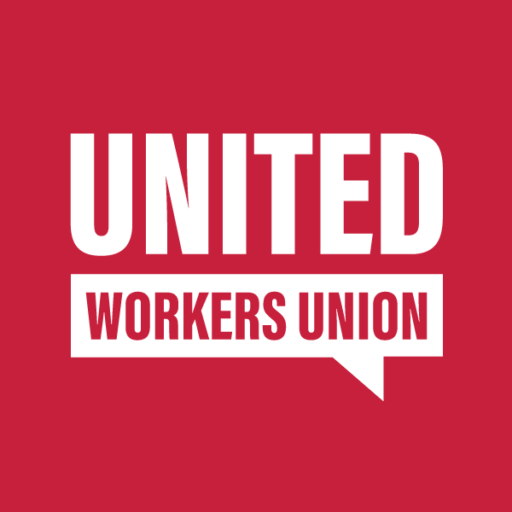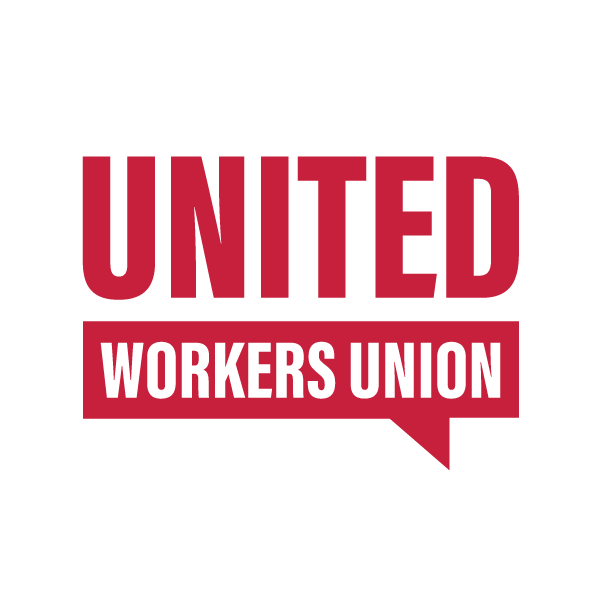United Workers Union is calling on the Federal Government to commit to an emergency rescue package to help close to a million hospitality workers left without work from the COVID-19 crisis.
The union, which represents 150,000 members nationally, has today released a plan to help hospitality workers in crisis, demanding the Federal Government deliver an emergency $2500 payment for all displaced hospitality workers and a basic income payment while they are out of work of $740 per week (federal minimum wage) for at least the rest of 2020.
The union’s National Secretary Tim Kennedy said the hospitality industry was in meltdown and 79 per cent of the workforce were casuals with no access to paid leave.
“We are hearing horror stories daily from our members across all industries of the impacts of losing work. We know hospitality is already one of the most insecure industries, with wage theft and exploitation of workers widespread,” Mr Kennedy said.
“Hospitality workers need urgent action now or we will find they are not able to pay their bills, put food on their tables or keep a roof over their heads.
“That is why we are calling on the Federal Government to step in immediately and make available a $2500 emergency payment plus a basic income payment while they are out of work of $740 per week (federal minimum wage) for at least the rest of 2020.
“In addition, we need ongoing support for struggling hospitality businesses that do the right thing, we need to address exploitation in the sector and we need a real plan to make the industry sustainable into the future. Importantly, any measures should also extend to migrant workers.”
This weekend, the union’s hospitality arm Hospo Voice launched a new online tool ‘I Lost My Hospo Shift’ to shine a light on the crisis facing the workers in the industry.
Barista Hollie Bolton is one of thousands of hospitality workers to share their story of losing a job.
“I went into work last Friday for my regular shift, and that evening I got an email from my employer explaining it is a stressful time for small business and that we should prepare for a reduction in hours. When I checked my roster for the next week I had no hours at all,” Ms Bolton said.
“We need the government to provide replacement wages now. This crisis is exposing the cracks in an industry built on insecure work. With no safety net to catch us, we’re going to fall through them.
Up to a third of the hospitality workforce are migrants on temporary visas who have no access to government assistance and many have no way of returning home. Jocelyn is a barista from Taiwan who works in a café in Melbourne’s CBD and also shared her story this weekend.
“I have just lost 10 hours of work but things are changing so quickly I might not have a job in a day or two. If I lose my job I will have no income. I can’t get Centrelink. I can’t leave Australia because the border is shut. What do I do? I have rent to pay, and I need to feed myself,” Jocelyn said.
“Migrant workers are the backbone of hospitality. We need the government to support us.”
United Workers Union’s plan to support hospitality workers in crisis includes:
- An immediate emergency payment of $2,500 for all displaced hospitality workers to enable them to make urgent provisions after a period of industry downturn and individual duress.
- A basic income payment of $740.80 per week paid to hospitality workers financially impacted by COVID-19 for reasons such as loss of work, illness or self-isolation. This includes all workers in hospitality including casuals, labour hire, self-employed, contractors, gig workers irrespective of citizenship, visa or non-visa status.
- An 80% wage subsidy for hospitality businesses that continue to operate and keep employing their workers. These businesses must be award compliant and sign up to measures with the union that they will continue to do the right thing by their workers.
- Provisional tax free threshold increase from $18,200 to $25,000 to assist low income hospitality workers.
- Moratorium on rent and mortgage payments. We welcome the Government’s March 20 announcement to protect renters against evictions at this time. It should carry on for all of 2020.
- Longer term action, in consultation with workers, to address widespread and systemic problems in the industry which include wage theft, exploitation, insecure work and the lack of career paths for workers.
Any hospitality worker who has lost their job or shifts due to COVID-19 should report their story through Hospo Voice at www.ilostmyhosposhift.com.au

